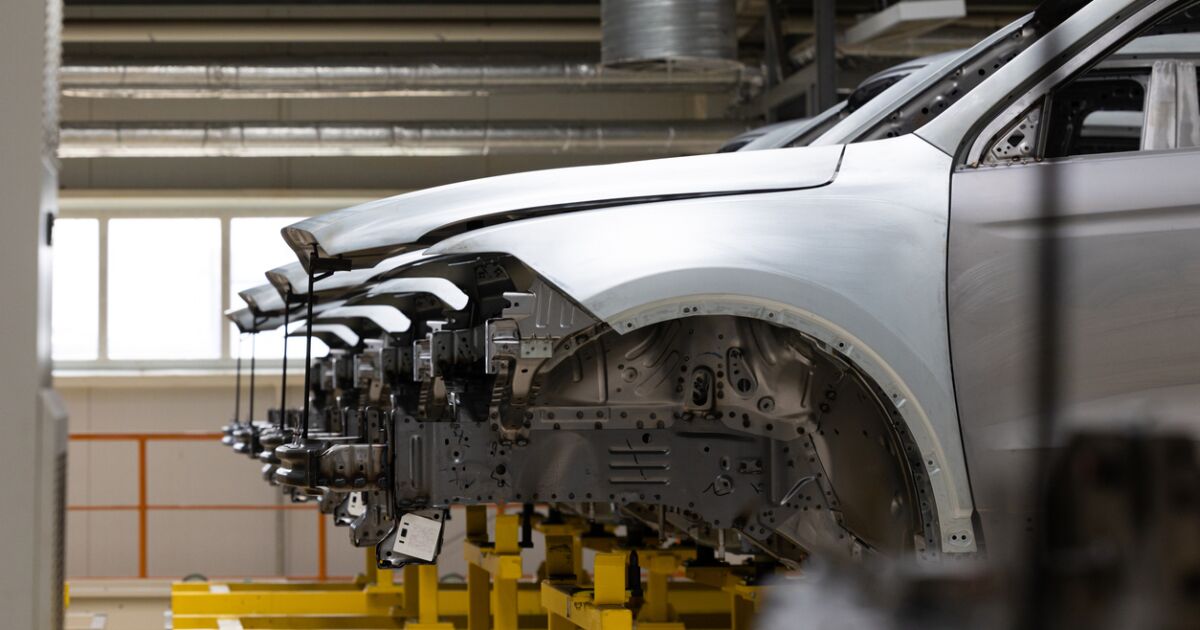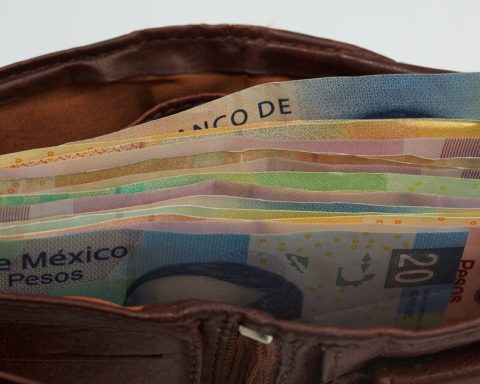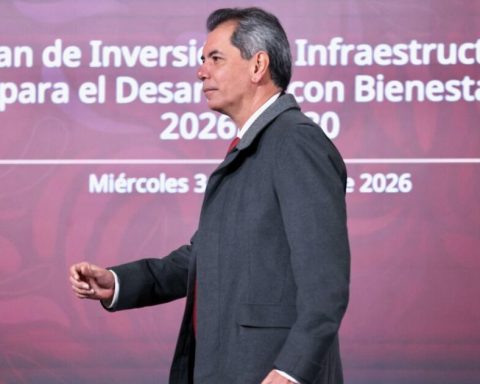In late November, President-elect Donald Trump said that once he reaches the White House, he will impose 25% tariffs on imports from Mexico and Canada .
“Mexico will be hit much harder because our country’s most important market has always been the United States. Our manufacturing is destined for the American Union. The measure will hit our country first,” said José Gerardo Tajonar, president of the National Association of Importers and Exporters of the Mexican Republic (ANIERM).
In 2023, 83.4% of Mexican exports were destined for the United States; Until August of this year the percentage reached 84.3%, according to information from DataMéxico.
For now, Trump has said that the 25% tariff will apply to all Mexican products. We will have to wait for both the final percentage and the tariff fractions on which it will be imposed, Tajonar said.
Mainly auto parts, transportation vehicles; electrical appliances – televisions, telephones -, household appliances; It would also be necessary to review whether they are going to impose tariffs on foods,” such as avocado, explained the president of ANIERM.
“You will have an impact on the availability of products and important inputs for production there, and on products for the consumer,” Smith said.
The automotive sector -finished vehicles and auto parts- imports more than 130,000 million dollars from Mexico. A product before it is finished can cross the border eight or nine times, highlighted the COMCE director.
“Until we have true information we will not know what the impact of each of the tariff items is, but every time a product passes to a country, it is nationalized, transformed and transformed into another tariff item,” he added. .
“Each product is different from the original because you are adding components and transformation, each product will have to pay the corresponding tariff. Obviously you see the increase in costs in a way that could be exponential,” added Kenneth Smith.
According to Tajonar, the tariffs will be imposed on certain products and sectors, which must be “analyzed in depth”, particularly everything in which the US government has doubts “that may be integrated with Asian products, we believe that they will impact tariffs.”
Tariffs can also translate into inflationary pressures, due to the increase they will represent for importers of finished products or inputs for production.
Furthermore, “the effect of putting a tariff, for example, on a Ford car assembled in Mexico, you put a 25% tariff on it, it discourages the brand because it would have to raise its prices in the United States, or endure the increase,” he anticipated. Francisco Villa Jasso, CEO and founder of the exclusive agency of Skandia GA Asesores.
















